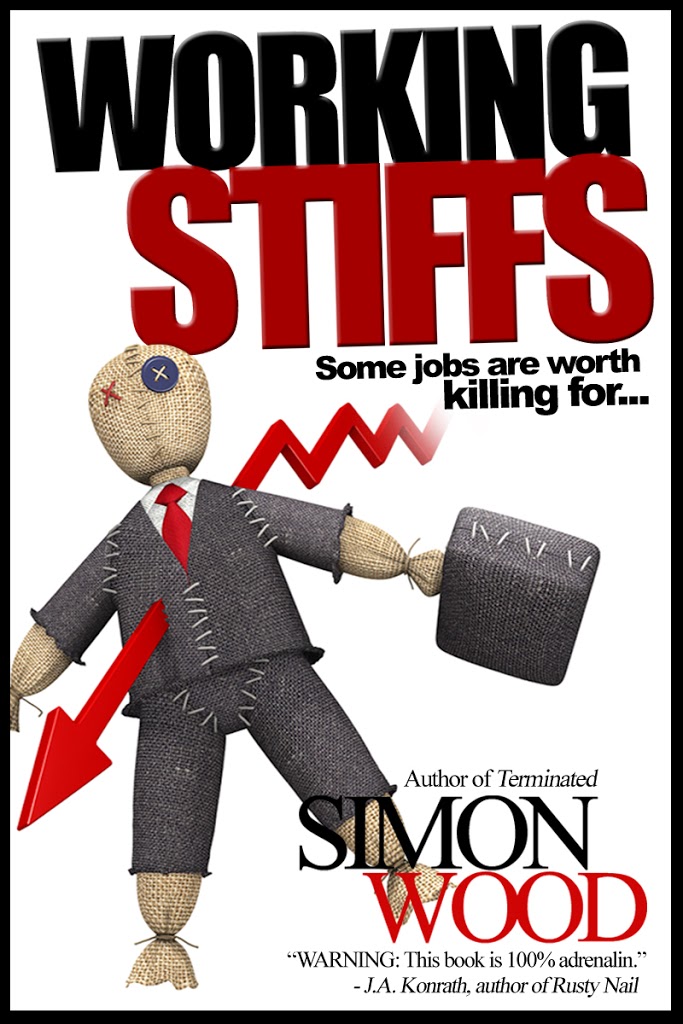 Like with all my books, the stories have origins in something from real life. WORKING STIFFS is no different and as a story collection, it has a bunch of inspirations. Here’s some of the stories behind the stories.
Like with all my books, the stories have origins in something from real life. WORKING STIFFS is no different and as a story collection, it has a bunch of inspirations. Here’s some of the stories behind the stories.
Old Flames Burn The Brightest
I’ve been in the US twenty plus years now and during that time, I’ve gained a bunch of friends, but this has been at the expense of my friends back home. I’ll be digging through some box of junk for something and come across something else that will make me all nostalgic, and I get to wondering about all the people I’ve lost touch with. What are they doing? Have they changed? Are they married or divorced or both? In my mind’s eye, they haven’t changed. They’ll always be the same people I knew back in England, forever frozen in 1998.
But these people can’t be the same. During my brief trips back to England, even my friends I still see have changed. Their lives have moved on and I haven’t been around to witness it. I don’t think I’ve changed, but I’m sure those people see differences in me too. It’s odd to think about, but true.
But with the writing, there’s a chance I may re-encounter lost friends. It’s happened already. Now and again, I’ll get an email along the lines of—aren’t you the Simon Wood I used to go to school/beat up once/stole my cat?
I still have hopes that I’ll bump into these lost friends and that was the inspiration of Old Flames Burn The Brightest. Colin Hill encounters a never-was girlfriend, Denise. He hopes to rekindle something that never existed, but Denise isn’t the same person Colin used to know and unfortunately for Denise, neither is Colin.
My Father’s Secret
This was an easy story to write because Raymond Chandler told me what to write. I have an old BBC recording which features Ian Fleming interviewing Raymond Chandler. Fleming and Chandler discuss the differences in their work and what inspires them to write what they do. During the interview, Chandler describes how mob hits were arranged in the U.S. I thought, wow, what a great idea for a story.
I used the mechanics of a mob hit for the skeleton of the story, but I added the complication of the relationship between father and son. Don’t go reading anything into the relationship between my own father and me. Rarely does anything from my own personal experiences make it directly to the pages of my stories. Rather, certain facets of life and people tug at my sensibilities.
So thanks, Ray. I owe you a gimlet.
Parental Guidance
Where do you get your ideas from?
It’s a familiar question I’m asked. Literally anything can inspire a story. With Parental Guidance, it was a TV advertisement. It just goes to show that TV advertising works—just not the way they hoped.
The ad was for credit consolidation. It was one of those cheesy, homemade adverts that do the product or service being pimped no favors. The ad was simple. A family, consisting of husband, wife, and two kids, sit in front of the camera while the father tells how his life was out of control because of credit debt until he turned it all around thanks to blah-blah credit counseling. The ad ends with the father saying, “I took control and my life has never been better.”
It was such a creepy line to end the advert on that it gave me the chills. There was just something about the actor’s delivery, like he was trying to let us in on his real secret. The story came to me before the ad break ended. I wanted a tale of keeping up with the Joneses with a difference. I wanted a tarnished tale about what it means to keep up with not only the Joneses but the world in general, but I wanted darken it with the uneasy sentinment I felt after hearing the father’s last sentence.
A Break In The Old Routine
I people watch and I have a nasty habit of giving the people I watch a whole history. A Break In the Old Routine began life that way. I was riding BART into San Francisco and there was this striking women sitting several rows over from me. Watching her, I came up with a character prfolie for her. Wasn’t that nice of me?
I got an attack of the guilts when I went to get off the train and she got off with me. For a frightening moment, I thought this woman was going to call me out for staring. She didn’t and she went on her way, but I thought about what if she had called me on it? What then?
I have to give credit to Working Stiffs’ editor, David LaBounty for the success of this story. He took what I thought was a decent enough story and turned into something special. He read my draft and said that he felt the story should end differently. And he was right. I hope you agree.
The Real Deal
The Real Deal, like Parental Guidance, was inspired by television. And no, I don’t spend all day in front of the TV, just most of it. I watched an episode of Night Gallery which featured an old gangster trying to preserve his legacy. It was an interesting story with a lame ending. But the crux of the story, trying to preserve one’s own mark on history, stuck with me. A couple of years later, I watched an episode of Lonely Planet and travel icon, Ian Wright, traveled to Peru and went through a bizarre witchdoctor ceremony to cure him of all his ills. These two things clashed to create a story about an ailing businessman trying to save his equally ailing business empire.
Officer Down
This was one of those story ideas that once it came to me, I couldn’t dislodge it. This image popped into my head of a police officer getting shot in the line of duty, but surviving because of his kevlar vest. The key thing that stuck with me was that tiny moment before being shot where you believe you’re going to die, only to survive.
I was fascinated by how someone would cope with that juxtoposition of living when you believed you were going to die. Could a person continue under those circumstances? For the character in Officer Down, I decided he couldn’t.
To pile on the pain, the police officer is shot with his own gun after he loses it in a tussle with a thief. The cop can’t move on with his life until he gets his gun back and in doing so, he breaks the rules he was sworn to uphold.
Categories: Uncategorized
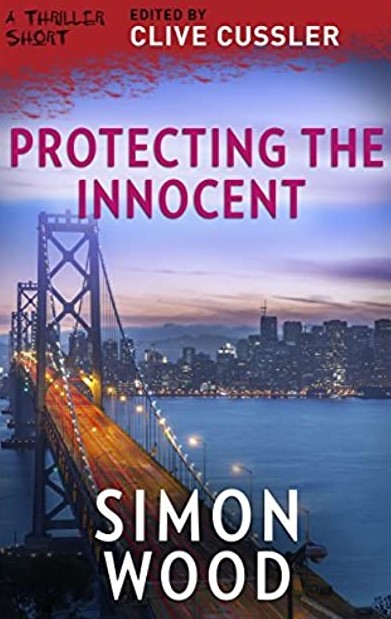


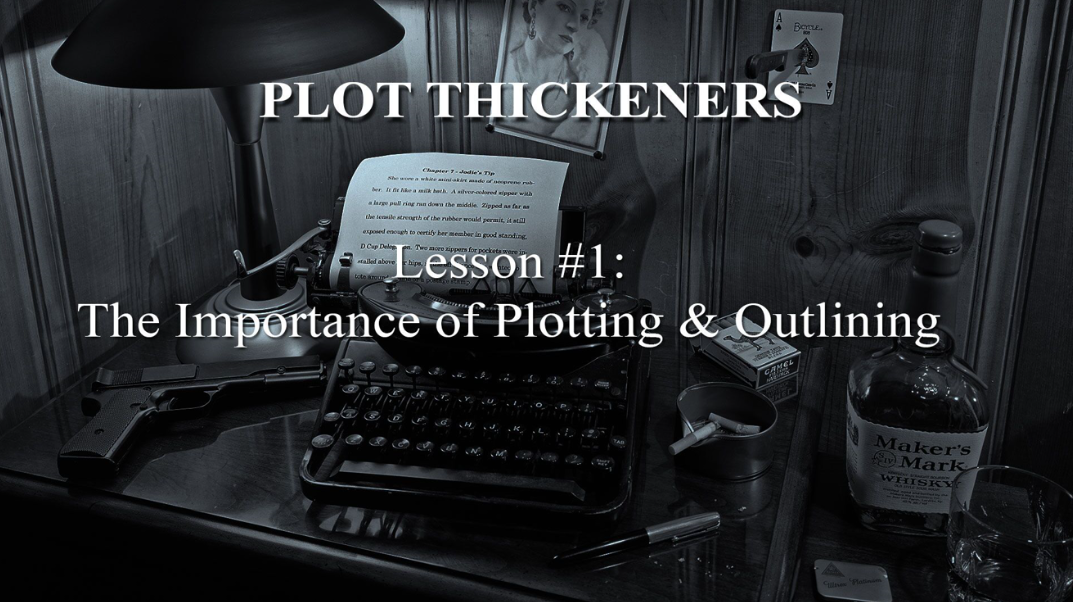 My ever-popular online workshop on PLOT THICKENERS writing starts on July 11th. This workshop blossomed out of a piece I wrote for Writers’ Digest and there’s now interest for me to develop into a book. So if you want to learn how to inject some drama and conflict into your fiction, here’s what to expect from the workshop and you can sign up
My ever-popular online workshop on PLOT THICKENERS writing starts on July 11th. This workshop blossomed out of a piece I wrote for Writers’ Digest and there’s now interest for me to develop into a book. So if you want to learn how to inject some drama and conflict into your fiction, here’s what to expect from the workshop and you can sign up  I have a new writer’s workshop starting in June. It came at the suggestion of one of my previous workshop students and I’ve been working on it for the last few months. The new workshop is QUERY LETTERS, SYNOPSIS WRITING AND PITCHING. The workshop would explore the following:
I have a new writer’s workshop starting in June. It came at the suggestion of one of my previous workshop students and I’ve been working on it for the last few months. The new workshop is QUERY LETTERS, SYNOPSIS WRITING AND PITCHING. The workshop would explore the following: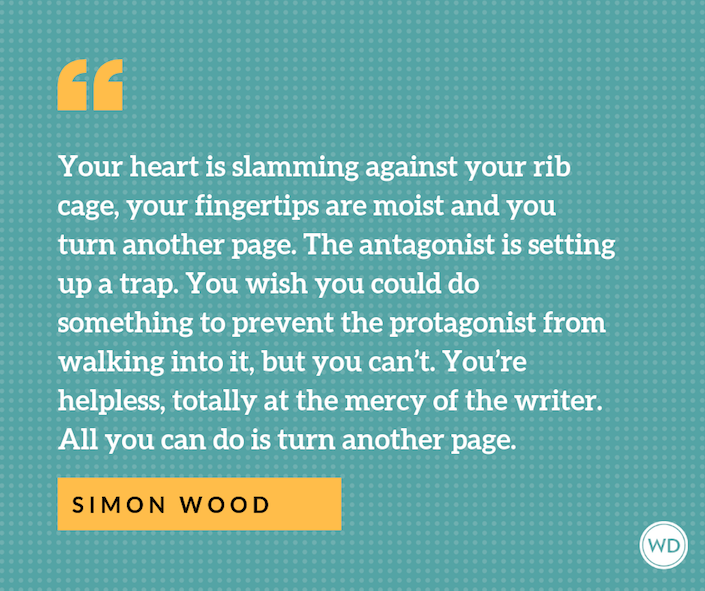 My ever-popular online workshop on KILLER SUSPENSE writing starts on May 2nd. This workshop blossomed out of a piece I wrote for Writers’ Digest and there’s now interest for me to develop into a book. So if you want to learn how to inject some drama and conflict into your fiction, here’s what to expect from the workshop and you can sign up
My ever-popular online workshop on KILLER SUSPENSE writing starts on May 2nd. This workshop blossomed out of a piece I wrote for Writers’ Digest and there’s now interest for me to develop into a book. So if you want to learn how to inject some drama and conflict into your fiction, here’s what to expect from the workshop and you can sign up 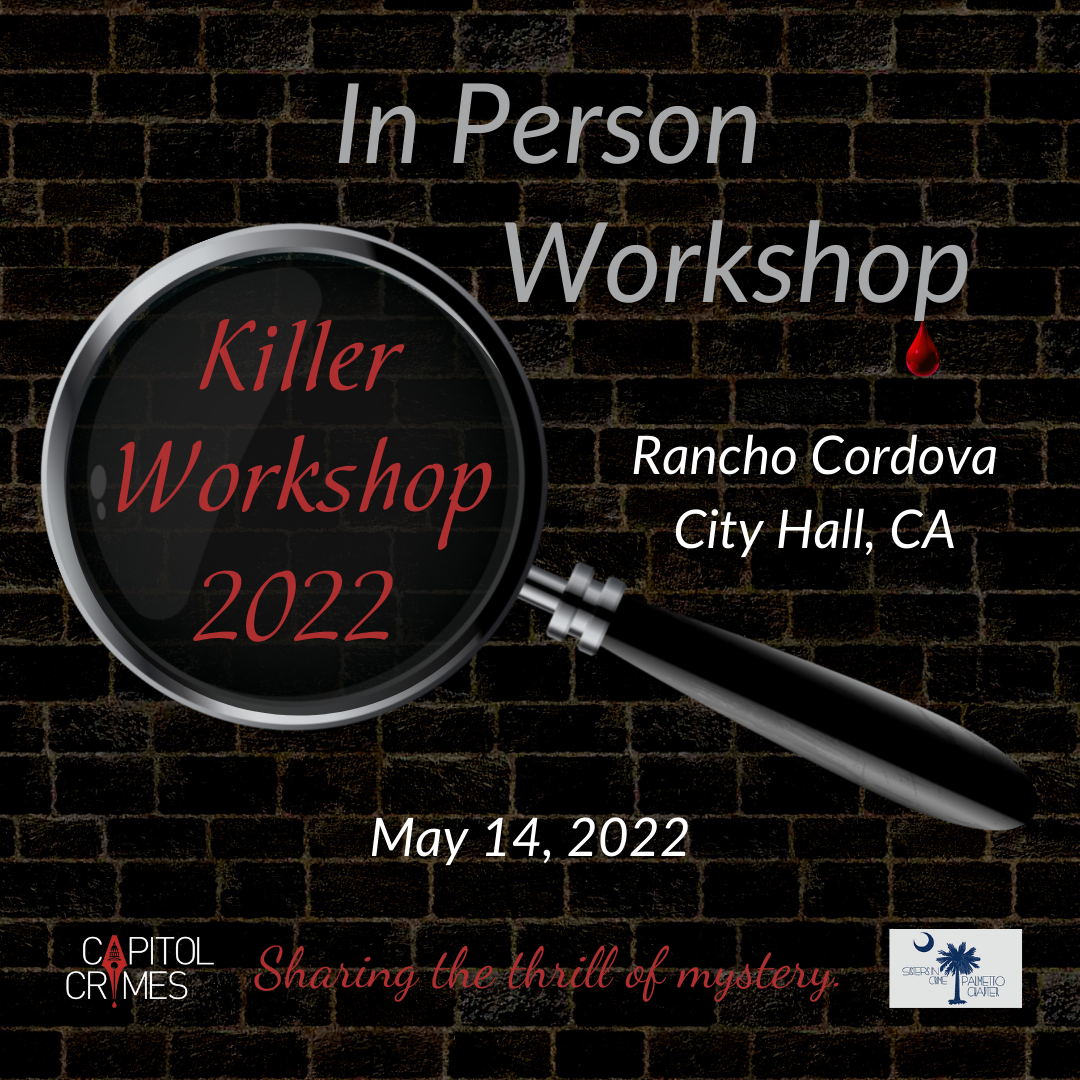
 Like with all my books, the stories have origins in something from real life.
Like with all my books, the stories have origins in something from real life.